How to Clean a Clogged Kitchen Sink Drain
Dealing with a clogged kitchen sink drain can be frustrating, but it’s a common problem that many homeowners face. Fortunately, there are several ways to unclog a kitchen sink and get the water flowing freely again. Here’s a step-by-step guide on how to clean a clogged kitchen sink drain:
1. Start by removing any visible debris from the drain. Use a pair of gloves and a paper towel or cloth to pull out any food scraps, hair, or other materials that may be blocking the drain.
2. Pour boiling water down the drain to help break down any grease or oil buildup. This can often be the cause of a clogged drain in the kitchen.
3. If the boiling water doesn’t do the trick, try using a plunger. Place the plunger over the drain and push down and pull up several times to create suction and dislodge the clog.
4. Another natural and effective method is using a mixture of baking soda and vinegar. Pour ½ cup of baking soda down the drain, followed by 1 cup of vinegar. Let it sit for 10-15 minutes, then pour boiling water down the drain to flush it out.
5. For tougher clogs, you may need to use a commercial drain cleaner. Look for products that are specifically designed for kitchen sinks and follow the instructions carefully.
6. Once the clog is cleared, run hot water down the drain for a few minutes to ensure that all debris is washed away.
By following these steps, you can easily clean a clogged kitchen sink drain and avoid the need for professional help.
5 Natural Ways to Unclog a Kitchen Sink
If you prefer to use natural methods to clean a clogged kitchen sink, here are five effective options:
1. Baking Soda and Vinegar: This powerful combination can break down tough clogs without the use of harsh chemicals. Just pour ½ cup of baking soda down the drain, followed by 1 cup of vinegar. Let it sit for 10-15 minutes, then flush with hot water.
2. Boiling Water: This is a simple but effective method for unclogging a kitchen sink. Just pour a pot of boiling water down the drain to help break down any grease or oil buildup.
3. Salt and Baking Soda: Mix ½ cup of salt with ½ cup of baking soda and pour it down the clogged drain. Let it sit for 20 minutes, then flush with hot water.
4. Plunger: A plunger can be used for more than just toilets. Place the plunger over the drain and push down and pull up several times to create suction and dislodge the clog.
5. Wet/Dry Vacuum: If you have a wet/dry vacuum, you can use it to suck out the clog from the drain. Just be sure to cover the vent to prevent any debris from flying out.
DIY Drain Cleaning Tips for Kitchen Sinks
Instead of relying on harsh chemicals, there are several DIY methods you can use to clean a clogged kitchen sink drain:
1. Use a Bent Wire Hanger: Straighten out a wire hanger and create a small hook at one end. Use it to fish out any debris and hair from the drain.
2. Hot Water and Dish Soap: Pour a pot of hot water down the drain, followed by a few tablespoons of dish soap. Let it sit for a few minutes, then pour more hot water down the drain to flush out the clog.
3. Wet/Dry Vacuum: As mentioned earlier, a wet/dry vacuum can be used to suck out the clog from the drain.
4. Salt and Baking Soda: Mix ½ cup of salt with ½ cup of baking soda and pour it down the clogged drain. Let it sit for 20 minutes, then flush with hot water.
5. Use a Plumber’s Snake: If you have a stubborn clog, a plumber’s snake can help break it up and clear the drain.
Best Drain Cleaners for Kitchen Sinks
If natural and DIY methods don’t work, you may need to turn to commercial drain cleaners. Here are some of the best options for kitchen sinks:
1. Drano Max Gel Clog Remover: This powerful formula can quickly dissolve tough clogs and keep your kitchen sink drain running smoothly.
2. Green Gobbler Drain Clog Dissolver: Made with natural enzymes, this drain cleaner is safe for all pipes and can effectively clear out stubborn clogs.
3. Liquid-Plumr Pro-Strength Full Clog Destroyer: This heavy-duty formula can unclog even the toughest kitchen sink clogs without damaging your pipes.
4. Bio-Clean Drain Septic Bacteria: This eco-friendly option uses bacteria and enzymes to break down clogs and prevent future buildup.
5. Thrift Marketing GIDDS-TY Drain Cleaner: This powerful drain cleaner is specifically designed for kitchen sinks and can quickly clear out any clogs.
Unclogging a Kitchen Sink with Baking Soda and Vinegar
Baking soda and vinegar are two common household ingredients that can work wonders for unclogging a kitchen sink. Here’s a step-by-step guide on how to use them:
1. Remove any visible debris from the drain using a pair of gloves and a paper towel or cloth.
2. Pour ½ cup of baking soda down the drain, followed by 1 cup of vinegar.
3. Let it sit for 10-15 minutes, then pour boiling water down the drain to flush it out.
4. Repeat the process if necessary until the clog is cleared.
How to Use a Plunger to Unclog a Kitchen Sink
A plunger can be an effective tool for unclogging a kitchen sink. Here’s how to use it properly:
1. Remove any visible debris from the drain using a pair of gloves and a paper towel or cloth.
2. Place the plunger over the drain and push down and pull up several times to create suction.
3. If the water starts to drain, continue plunging until the clog is completely cleared.
4. If the water doesn’t drain, try adding some water to the sink and plunging again.
5. If the plunger doesn’t work, try a different method or consider calling a professional.
Preventing Kitchen Sink Clogs: Dos and Don'ts
Prevention is always better than dealing with a clogged kitchen sink. Here are some dos and don'ts to keep in mind to avoid future clogs:
Dos:
- Use a sink strainer to catch food scraps and prevent them from going down the drain.
- Pour hot water down the drain regularly to help break down any grease or oil buildup.
- Run hot water down the drain after each use to flush away any debris.
- Use natural methods or DIY solutions for regular maintenance.
Don'ts:
- Pour grease, oil, or coffee grounds down the drain.
- Use harsh chemicals regularly, as they can damage your pipes.
- Put any non-food items down the drain.
- Ignore slow-draining sinks, as it could be a sign of a developing clog.
Using a Drain Snake to Clear a Clogged Kitchen Sink
If you have a stubborn clog in your kitchen sink, a drain snake can be a useful tool to break it up and clear the drain. Here’s how to use it:
1. Insert the snake into the drain and push it through the pipes until you feel resistance.
2. Rotate the snake to break up the clog and continue pushing it through the pipes.
3. Pull the snake out and run hot water down the drain to flush out any remaining debris.
4. Repeat the process if necessary until the clog is completely cleared.
Chemical vs. Natural Drain Cleaners for Kitchen Sinks
When it comes to unclogging a kitchen sink, you have the option of using chemical or natural drain cleaners. Here are some pros and cons of each:
Chemical Drain Cleaners:
Pros: They are often powerful and can quickly dissolve tough clogs.
Cons: They can be harmful to your pipes and the environment, and may not be safe for use in a kitchen sink.
Natural Drain Cleaners:
Pros: They are safe for use in kitchen sinks and are environmentally friendly.
Cons: They may not be as effective as chemical cleaners for tough clogs.
Ultimately, the choice between chemical and natural drain cleaners will depend on the severity of the clog and your personal preference.
Signs You Need Professional Drain Cleaning for Your Kitchen Sink
While many clogs can be cleared with natural or DIY methods, there are some signs that indicate you may need to call a professional for drain cleaning services:
- Multiple clogged drains in your home
- Foul odors coming from the drain
- Slow draining or standing water in the sink
- Gurgling sounds coming from the drain
If you notice any of these signs, it’s best to call a professional to properly diagnose and fix the issue.
In conclusion, a clogged kitchen sink drain can be a hassle, but with the right methods and tools, you can quickly and easily clear the clog and prevent future ones from happening. Whether you prefer natural or commercial drain cleaners, or want to try DIY methods, there’s a solution for every clogged kitchen sink. Just remember to regularly maintain your sink to avoid clogs in the first place and call a professional if you’re unable to clear the clog on your own.
Why Proper Drain Cleaning is Essential for a Well-Functioning Kitchen Sink

The Importance of Regular Drain Cleaning
 When it comes to maintaining a clean and functional kitchen, proper drain cleaning is often overlooked. Many homeowners tend to neglect their kitchen sink drains until a clog becomes a major problem. However, regularly cleaning your kitchen sink drain is crucial for keeping your home's plumbing system in good condition and avoiding costly repairs. Not only does clogged drain lead to unpleasant odors and slow drainage, but it can also cause damage to your pipes and lead to more serious plumbing issues. Therefore, it is important to understand the importance of regular drain cleaning and incorporate it into your household cleaning routine.
When it comes to maintaining a clean and functional kitchen, proper drain cleaning is often overlooked. Many homeowners tend to neglect their kitchen sink drains until a clog becomes a major problem. However, regularly cleaning your kitchen sink drain is crucial for keeping your home's plumbing system in good condition and avoiding costly repairs. Not only does clogged drain lead to unpleasant odors and slow drainage, but it can also cause damage to your pipes and lead to more serious plumbing issues. Therefore, it is important to understand the importance of regular drain cleaning and incorporate it into your household cleaning routine.
Preventing Clogs and Blockages
 Kitchen sink clogs
are typically caused by a buildup of grease, food particles, and other debris that get stuck in the pipes. Over time, this buildup can become a major blockage, causing water to back up and potentially overflow. Regular
drain cleaning
can prevent these clogs from happening by removing any accumulated debris. By keeping your kitchen sink drain clean, you can ensure that water flows freely and prevent any potential blockages from forming.
Kitchen sink clogs
are typically caused by a buildup of grease, food particles, and other debris that get stuck in the pipes. Over time, this buildup can become a major blockage, causing water to back up and potentially overflow. Regular
drain cleaning
can prevent these clogs from happening by removing any accumulated debris. By keeping your kitchen sink drain clean, you can ensure that water flows freely and prevent any potential blockages from forming.
Eliminating Foul Odors
 Another common problem with neglected kitchen sink drains is the foul odor that can emanate from them. When food particles and other debris get stuck in the pipes, they can begin to decompose, resulting in a strong and unpleasant smell. Regular
drain cleaning
can eliminate these odors by removing any trapped debris. This not only helps to keep your kitchen smelling fresh, but it also ensures that your home's indoor air quality remains at a high standard.
Another common problem with neglected kitchen sink drains is the foul odor that can emanate from them. When food particles and other debris get stuck in the pipes, they can begin to decompose, resulting in a strong and unpleasant smell. Regular
drain cleaning
can eliminate these odors by removing any trapped debris. This not only helps to keep your kitchen smelling fresh, but it also ensures that your home's indoor air quality remains at a high standard.
Preventing Damage to Your Pipes
:max_bytes(150000):strip_icc()/freshen-and-unclog-drain-with-baking-soda-1900466-22-bbf940b70afa4d5abef0c54da23b1d3f.jpg) Ignoring a clogged kitchen sink drain can lead to more serious plumbing issues that can cause damage to your pipes. When water cannot flow freely through the pipes, it can put pressure on them, causing them to crack or burst. This can result in leaks, water damage, and costly repairs. By regularly cleaning your kitchen sink drain, you can prevent these issues and keep your plumbing system in good condition.
Ignoring a clogged kitchen sink drain can lead to more serious plumbing issues that can cause damage to your pipes. When water cannot flow freely through the pipes, it can put pressure on them, causing them to crack or burst. This can result in leaks, water damage, and costly repairs. By regularly cleaning your kitchen sink drain, you can prevent these issues and keep your plumbing system in good condition.
The Bottom Line
 Proper
drain cleaning
is essential for maintaining a well-functioning kitchen sink and preventing potential plumbing issues. By incorporating it into your household cleaning routine, you can save yourself from the inconvenience and expense of dealing with clogged drains and damaged pipes. If you are experiencing frequent clogs or foul odors from your kitchen sink, it may be time to schedule a professional drain cleaning service to ensure that your plumbing system is in top shape. Remember, prevention is always better than a cure when it comes to household maintenance.
Proper
drain cleaning
is essential for maintaining a well-functioning kitchen sink and preventing potential plumbing issues. By incorporating it into your household cleaning routine, you can save yourself from the inconvenience and expense of dealing with clogged drains and damaged pipes. If you are experiencing frequent clogs or foul odors from your kitchen sink, it may be time to schedule a professional drain cleaning service to ensure that your plumbing system is in top shape. Remember, prevention is always better than a cure when it comes to household maintenance.



:max_bytes(150000):strip_icc()/freshen-and-unclog-drain-with-baking-soda-1900466-18-1a5b5da01939471ca8f8823865bd1ce8.jpg)
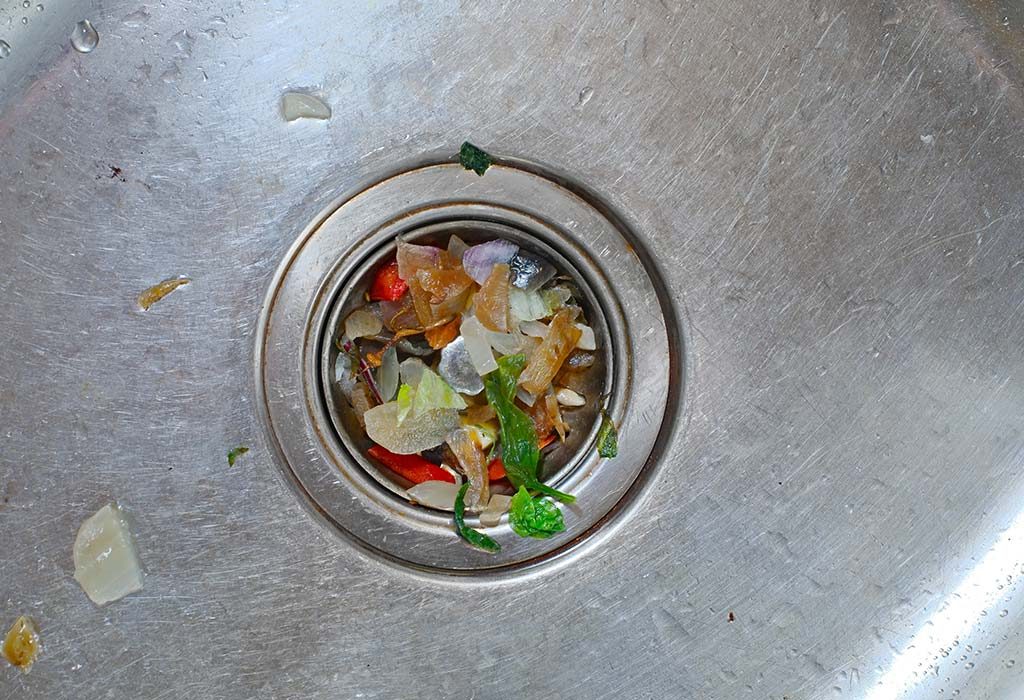








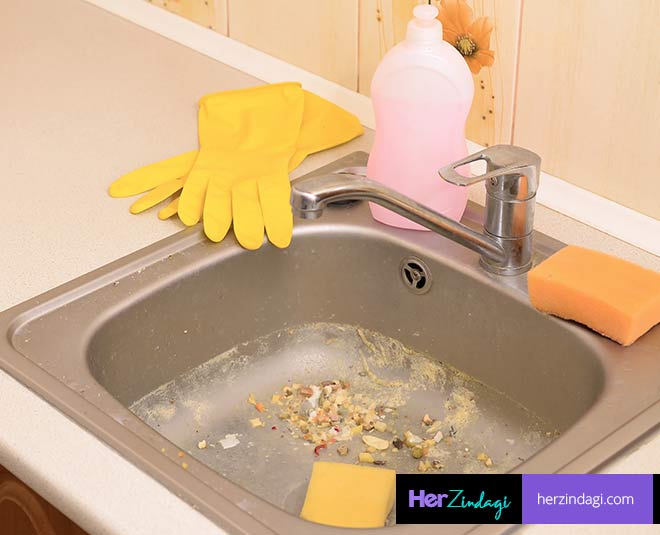
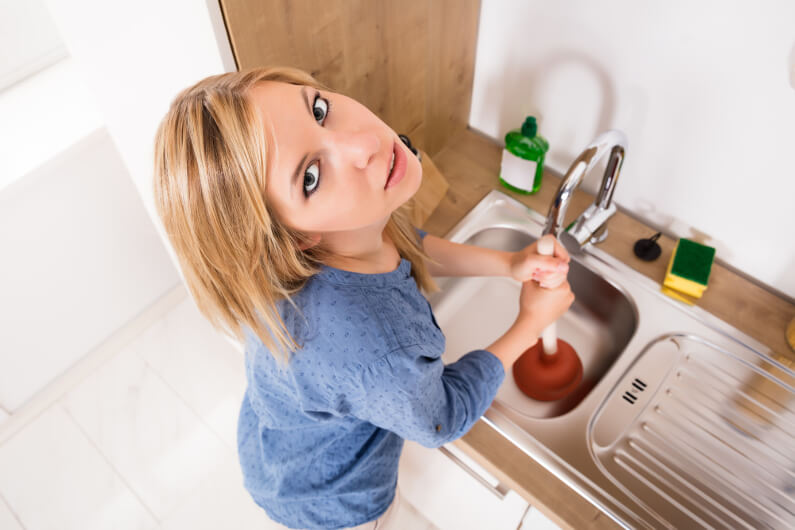

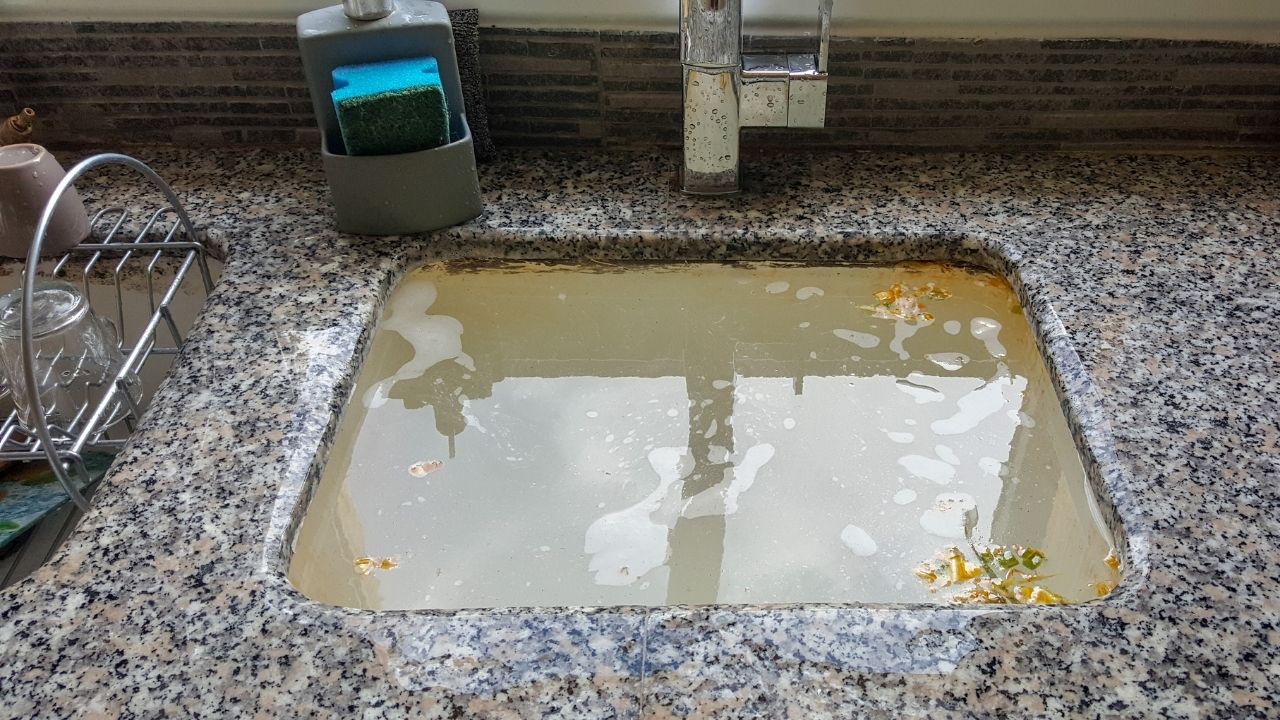
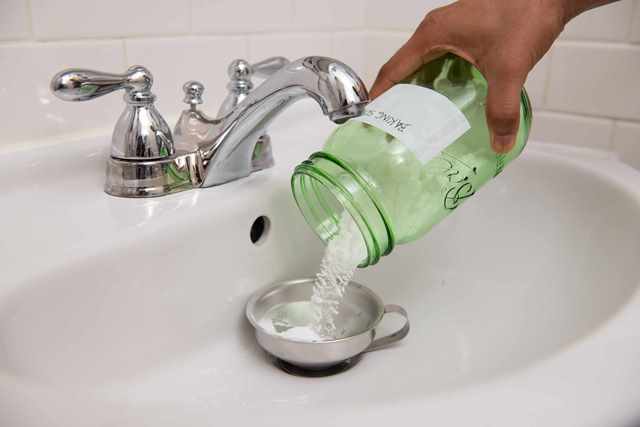
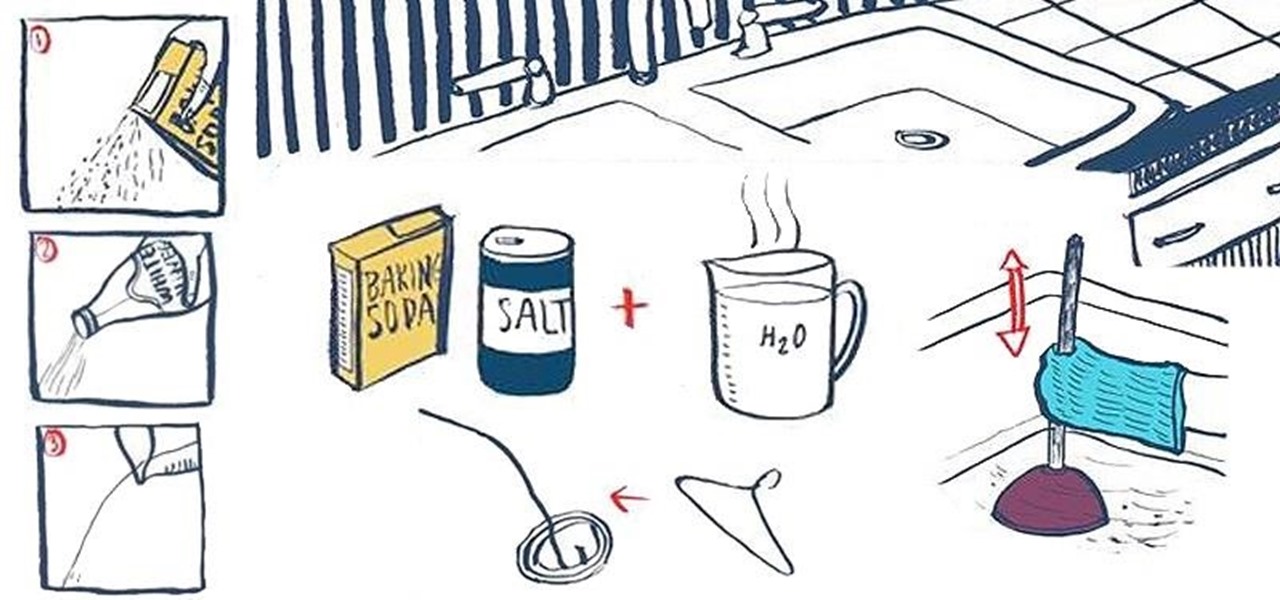





/98292130-56a12f705f9b58b7d0bcdef7.jpg)
:max_bytes(150000):strip_icc()/homemade-drain-cleaner-2718784_final-359556aadfc74989bd3c4b4dcdc4d276.png)
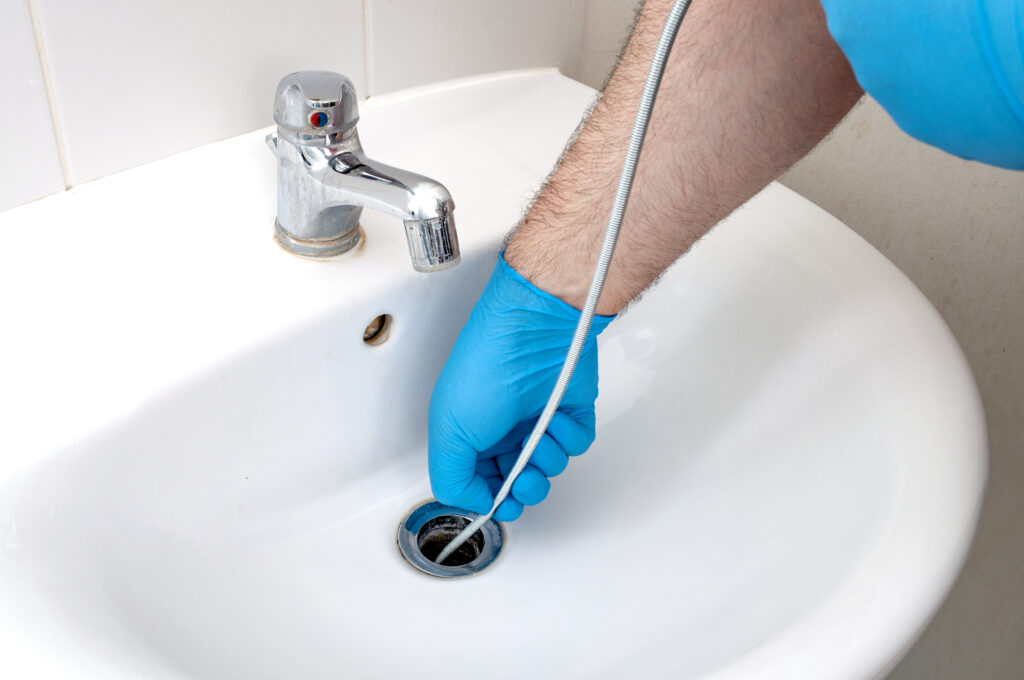
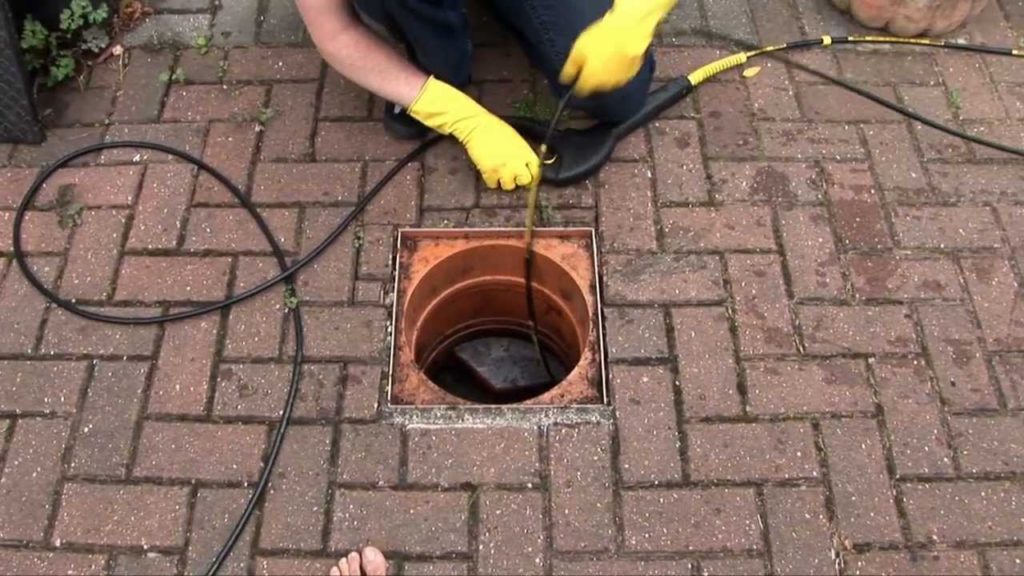
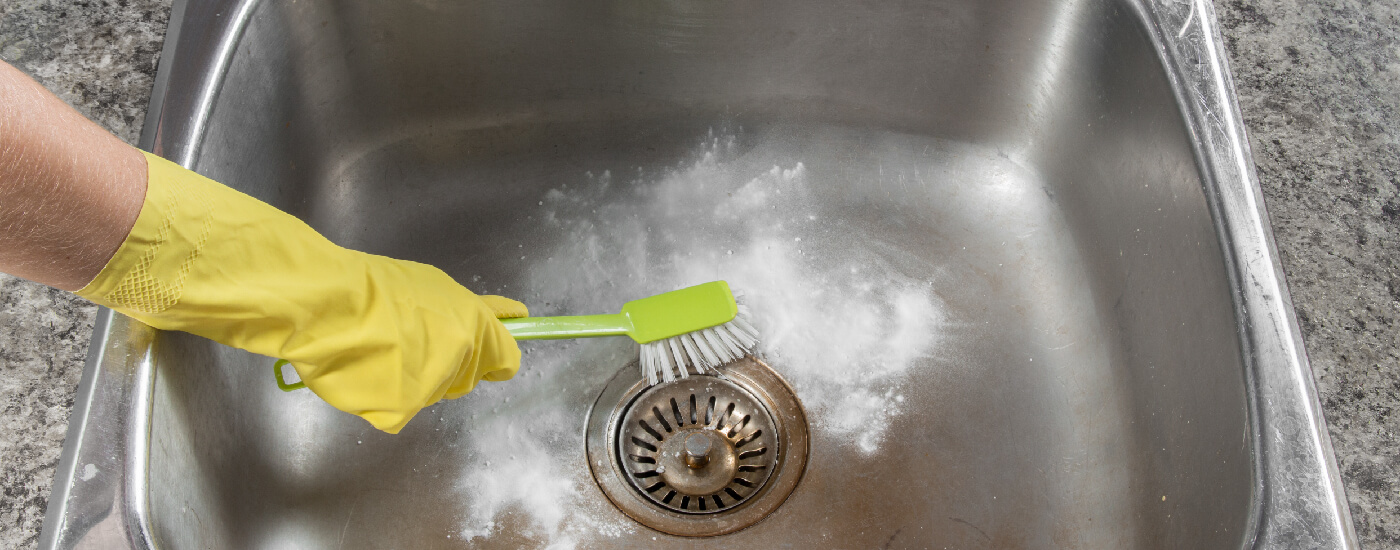








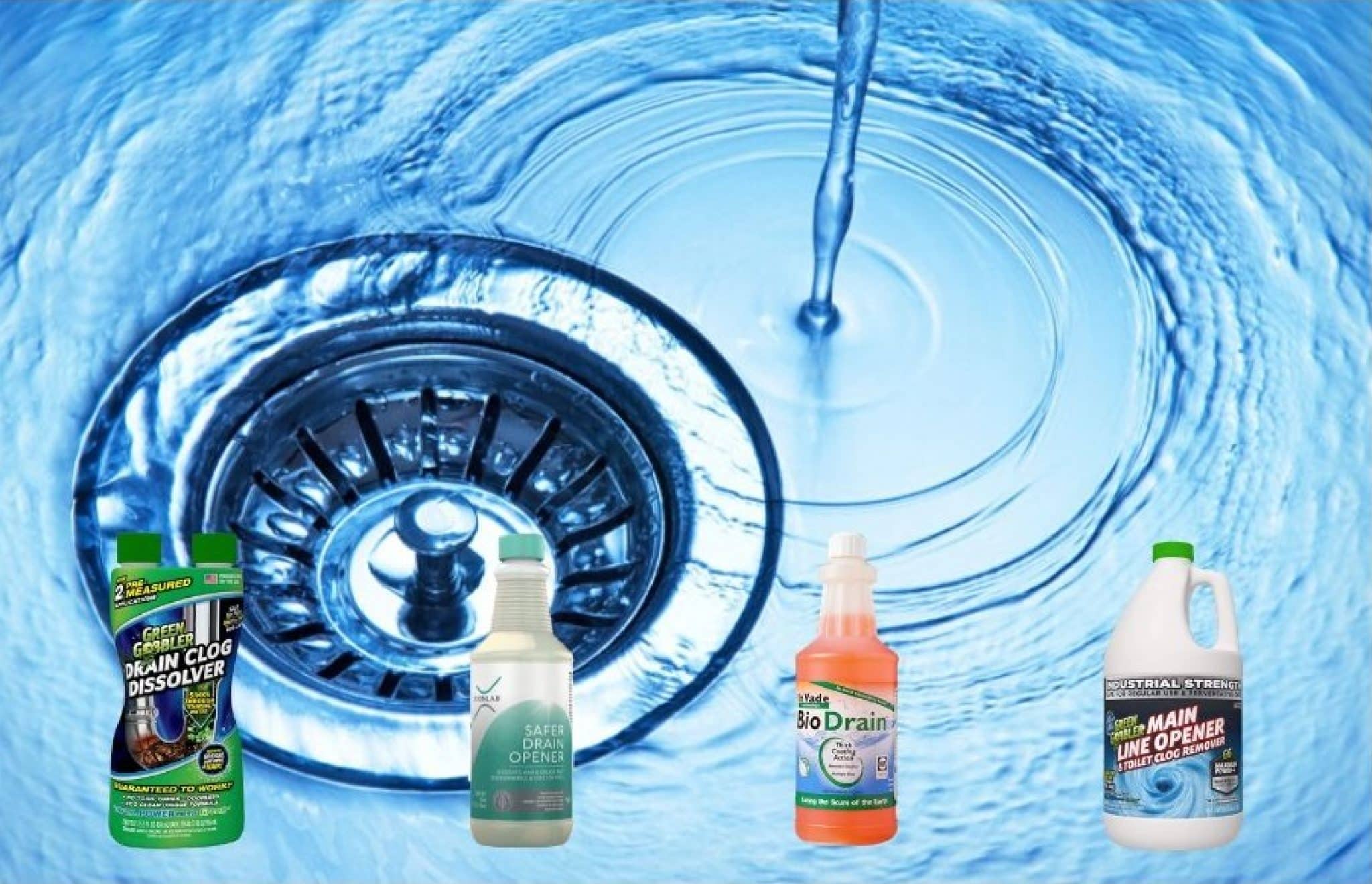
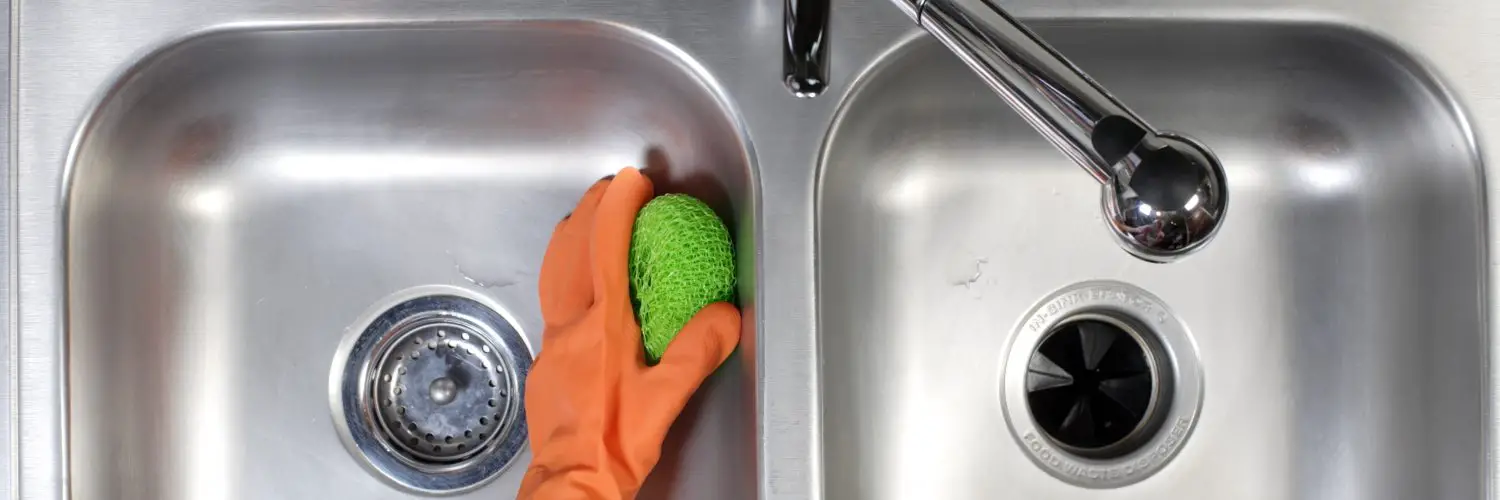
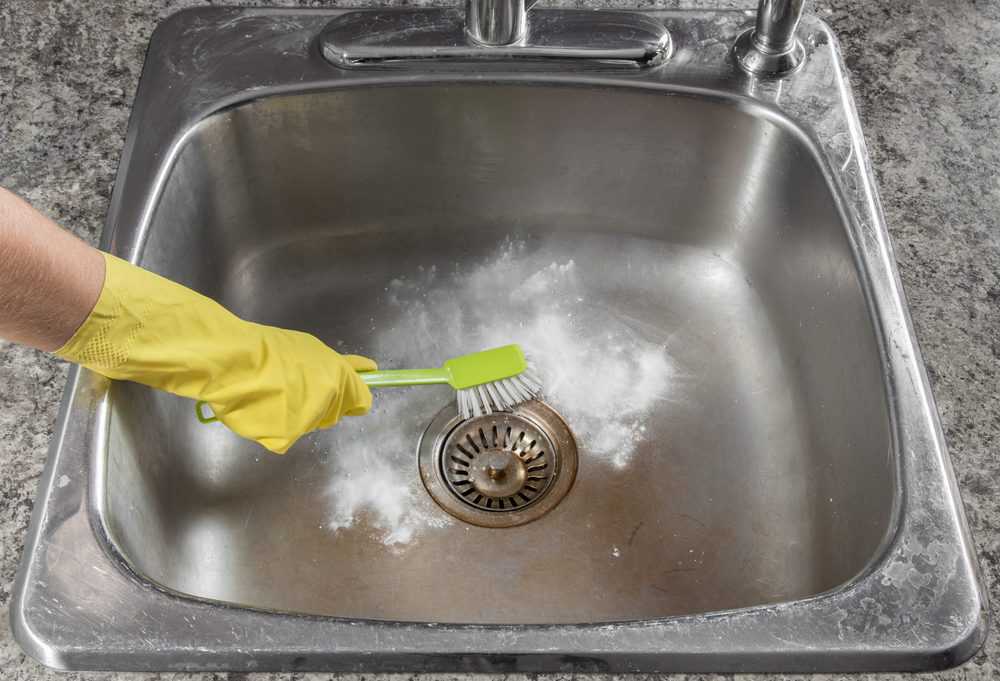
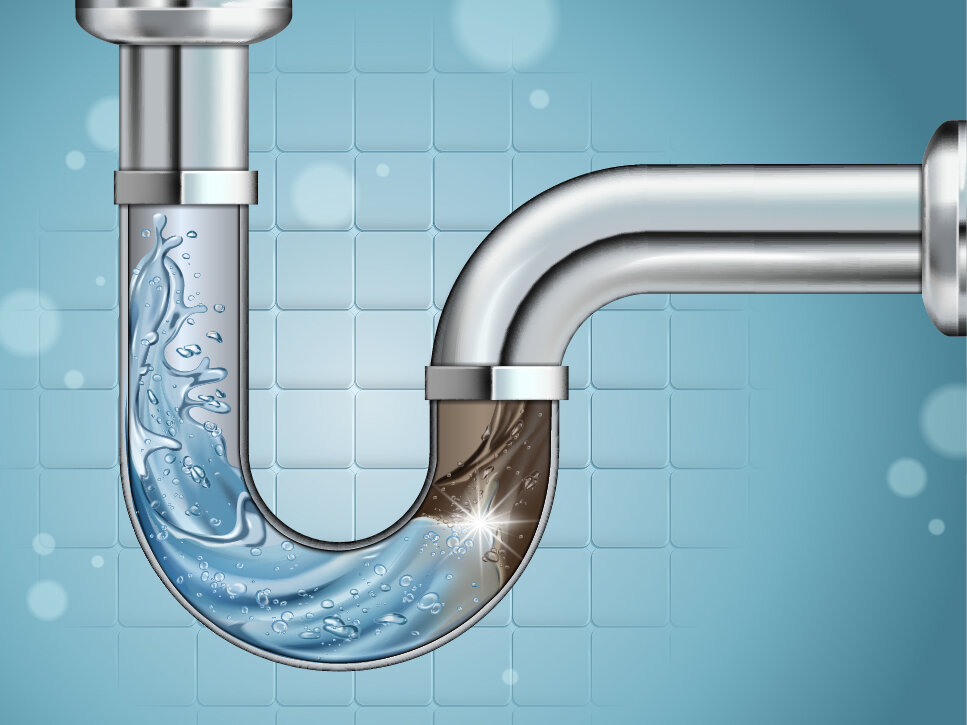


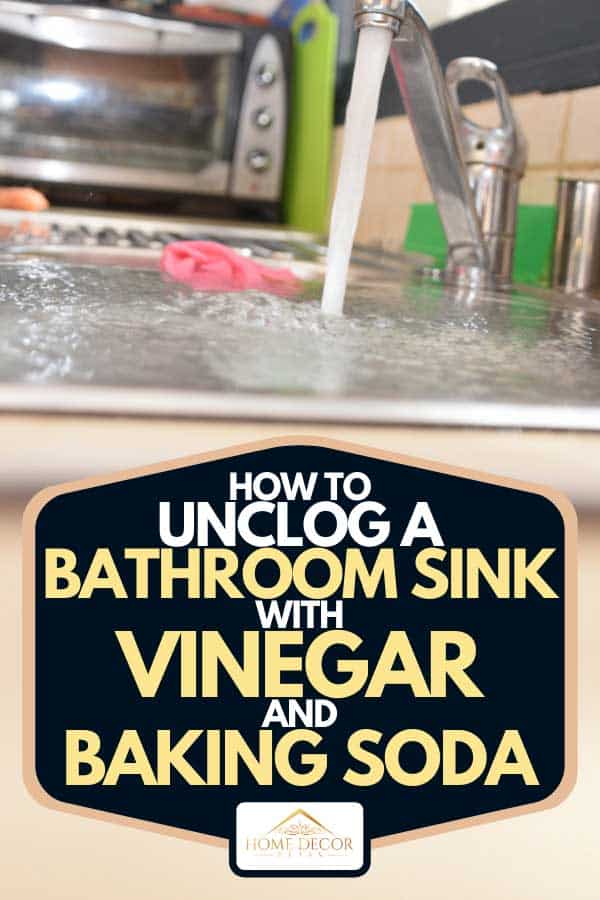





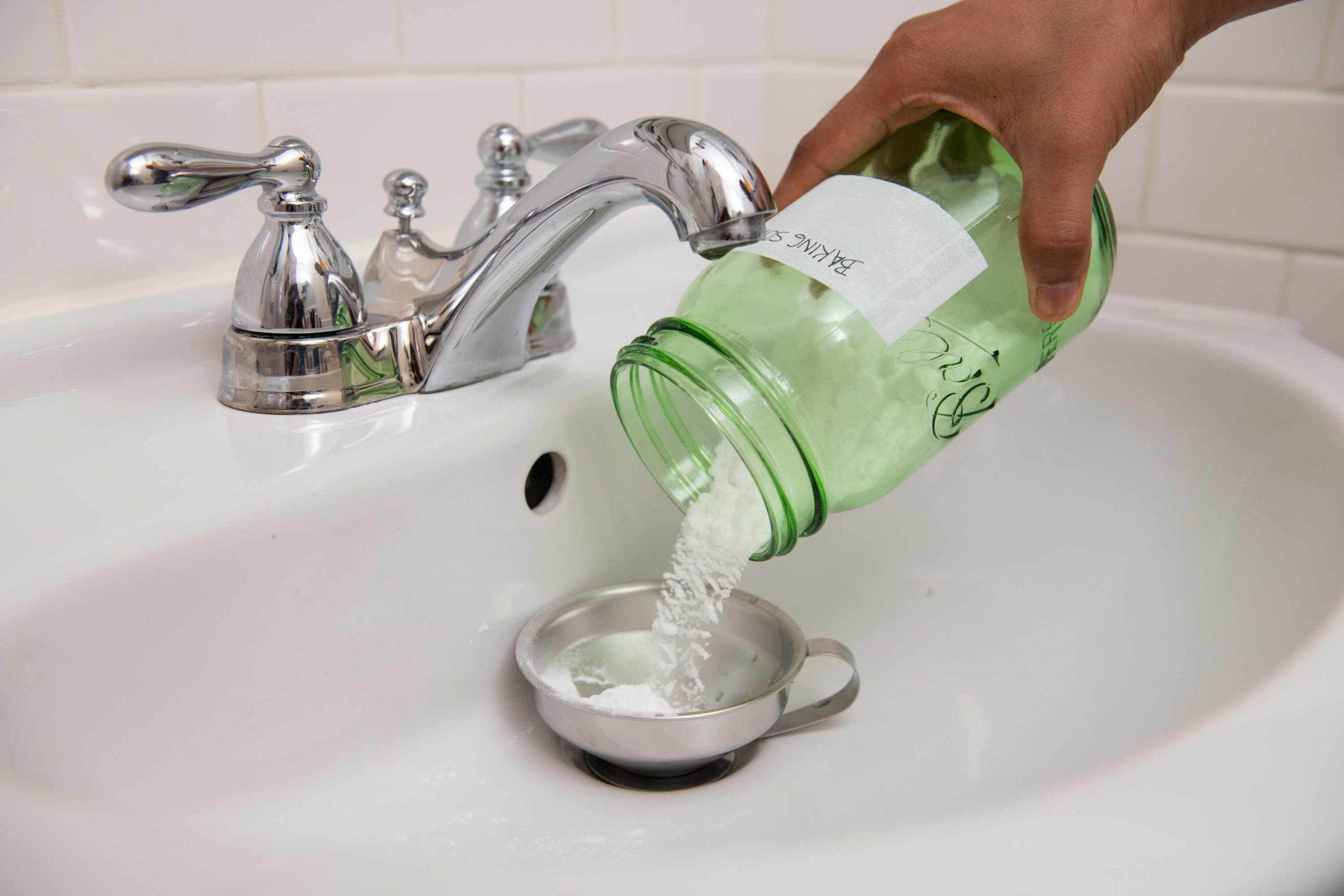






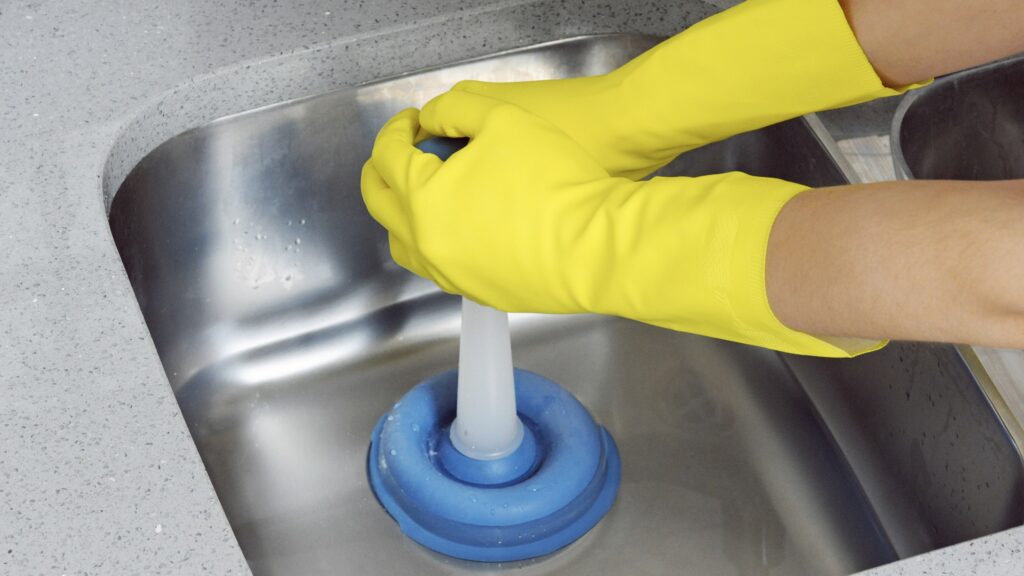

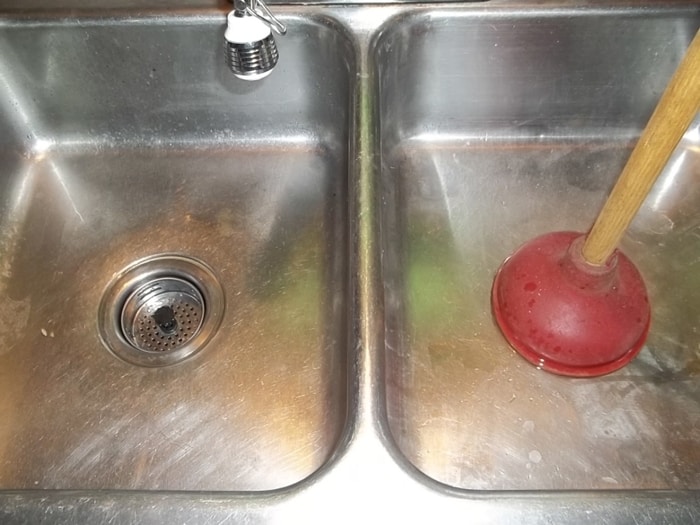
:max_bytes(150000):strip_icc()/unclogging-a-toilet-with-a-plunger-2719030_final_horizontal_10_18-d33deec2a8084e289a5427c6745a0d32.png)



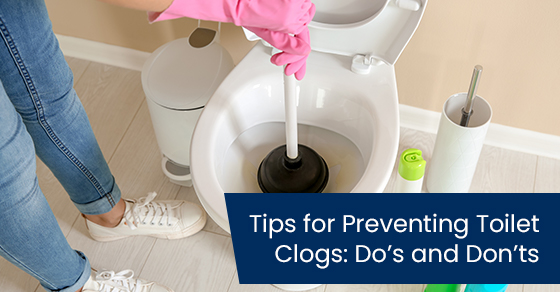
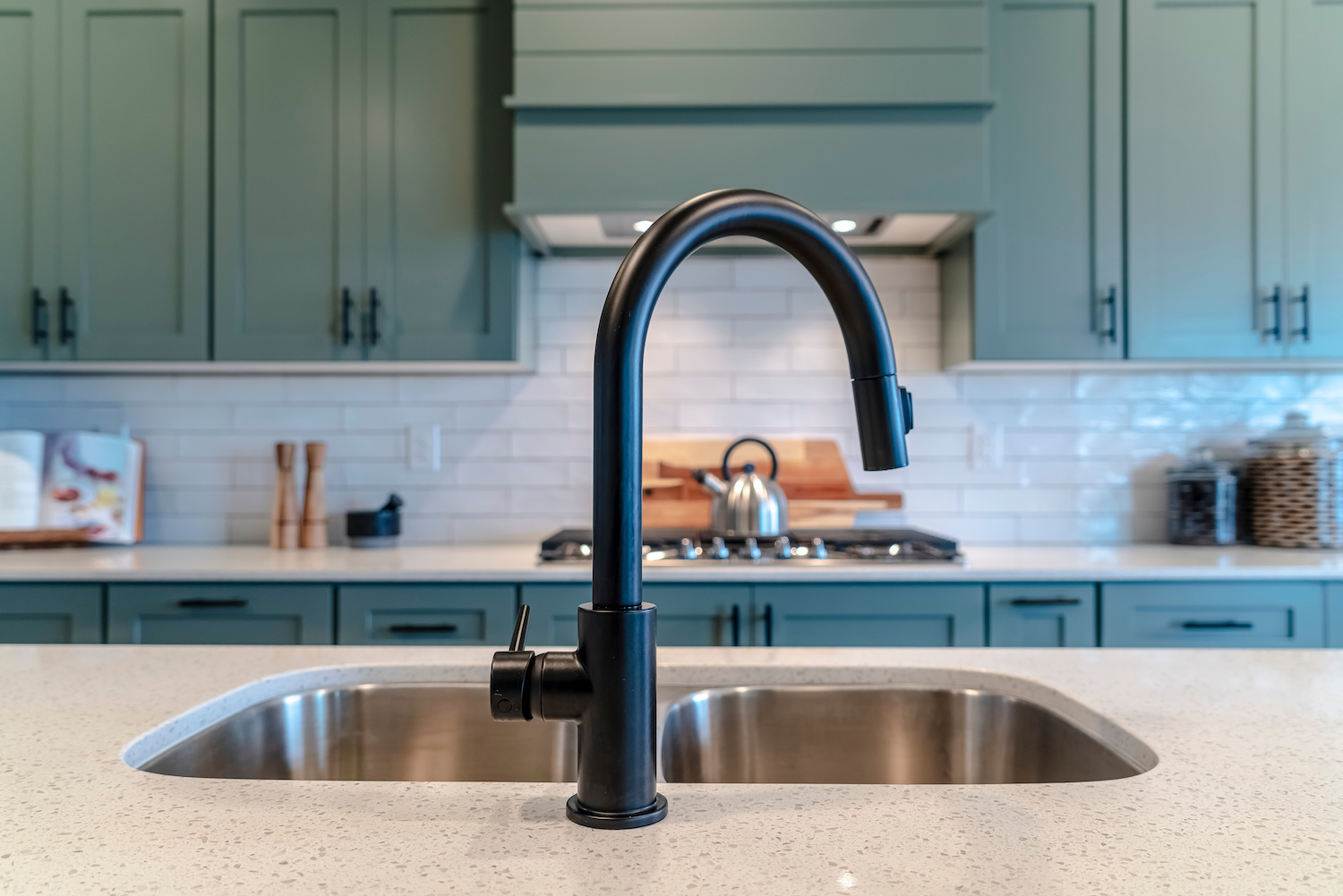






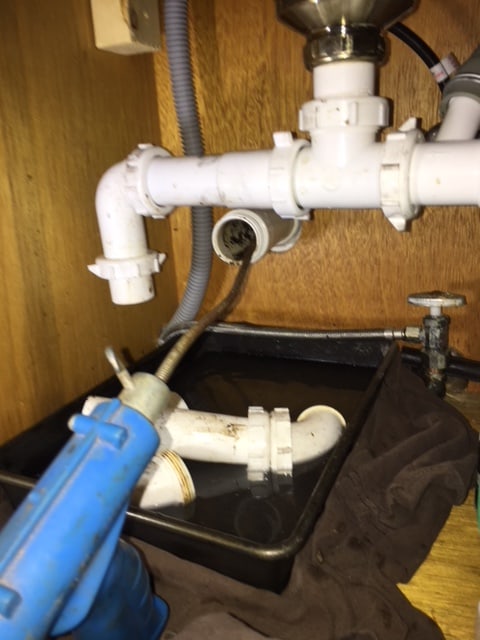
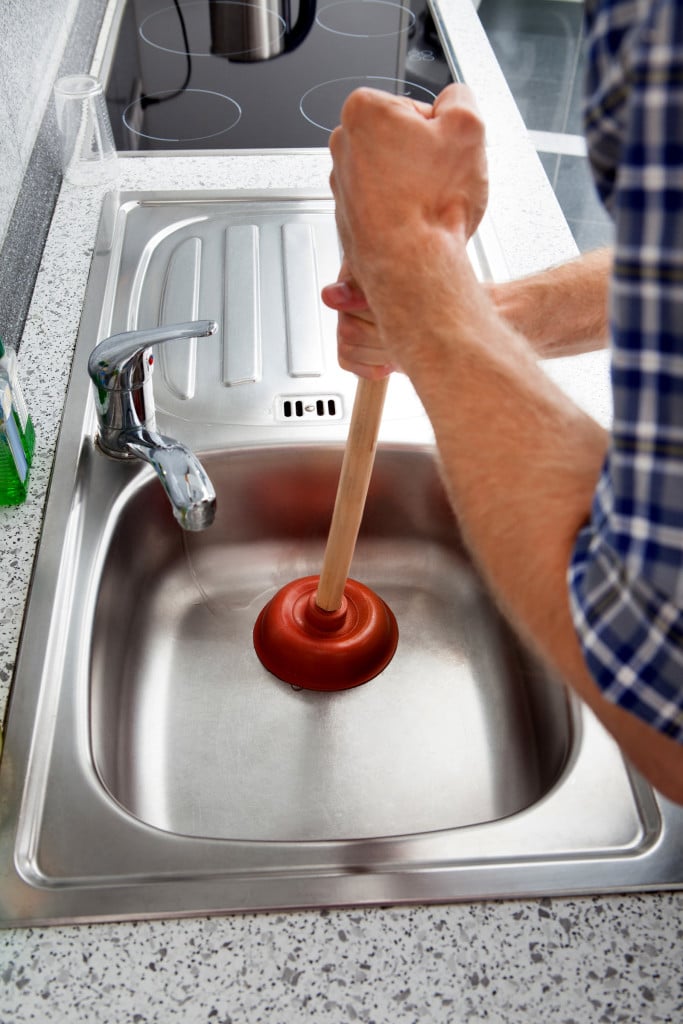




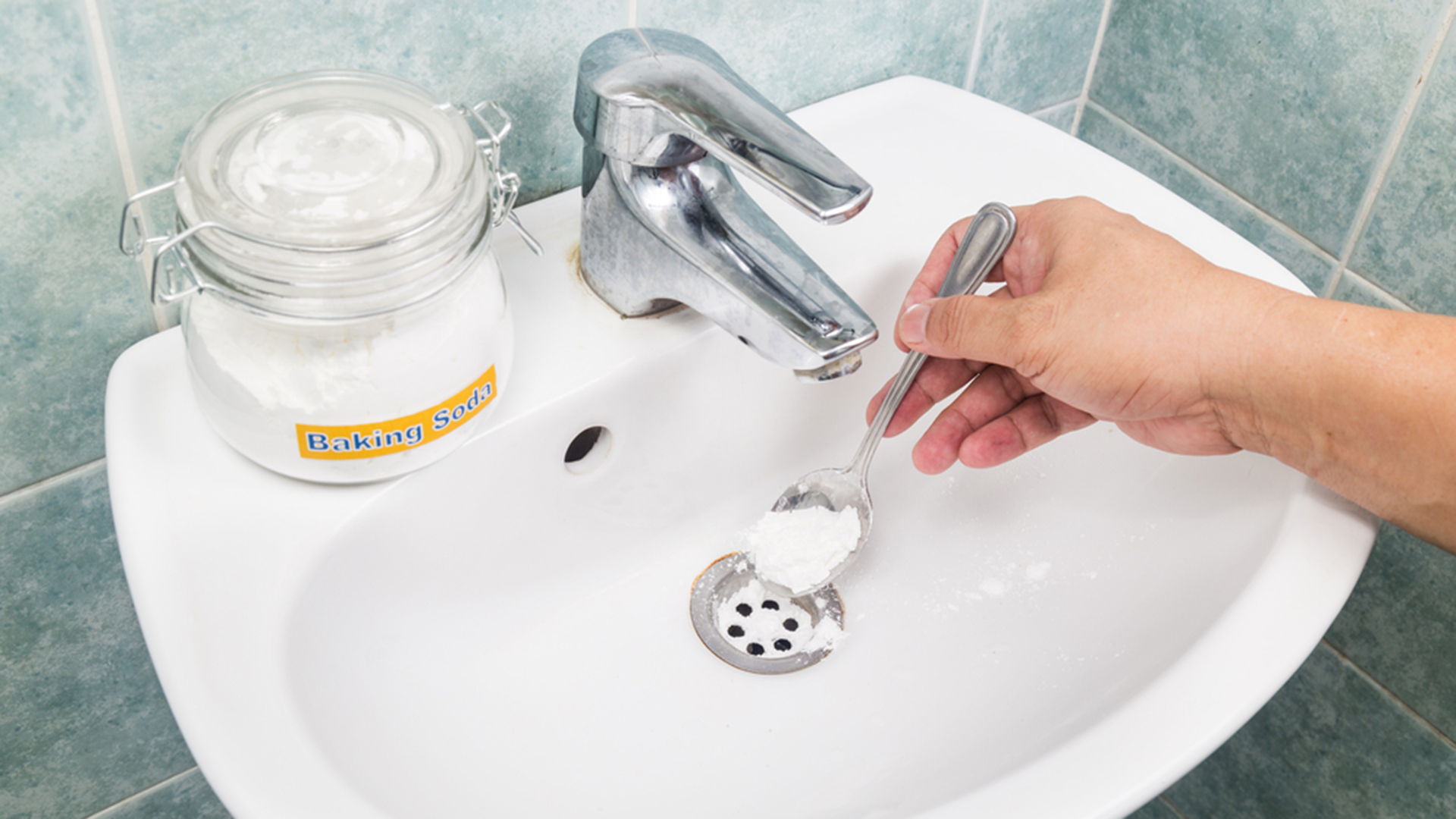



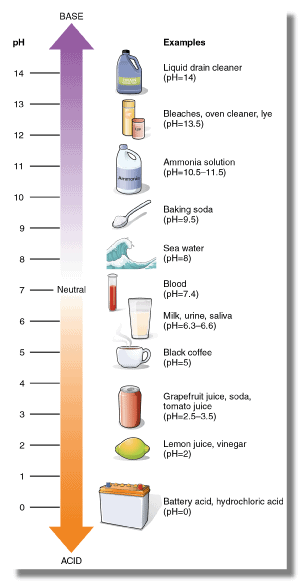
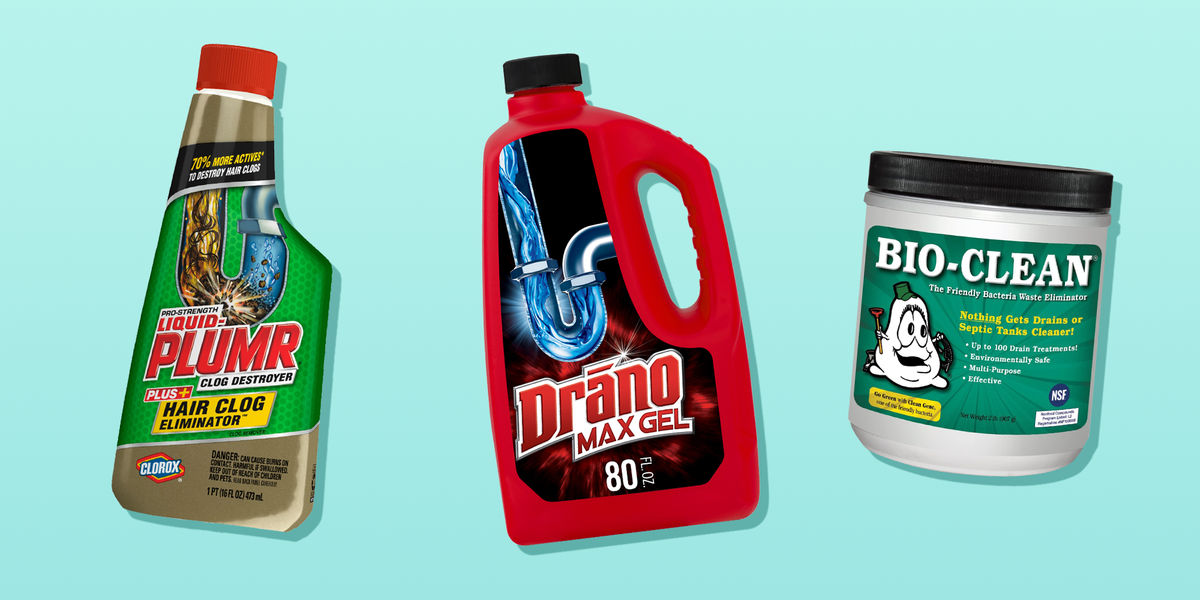




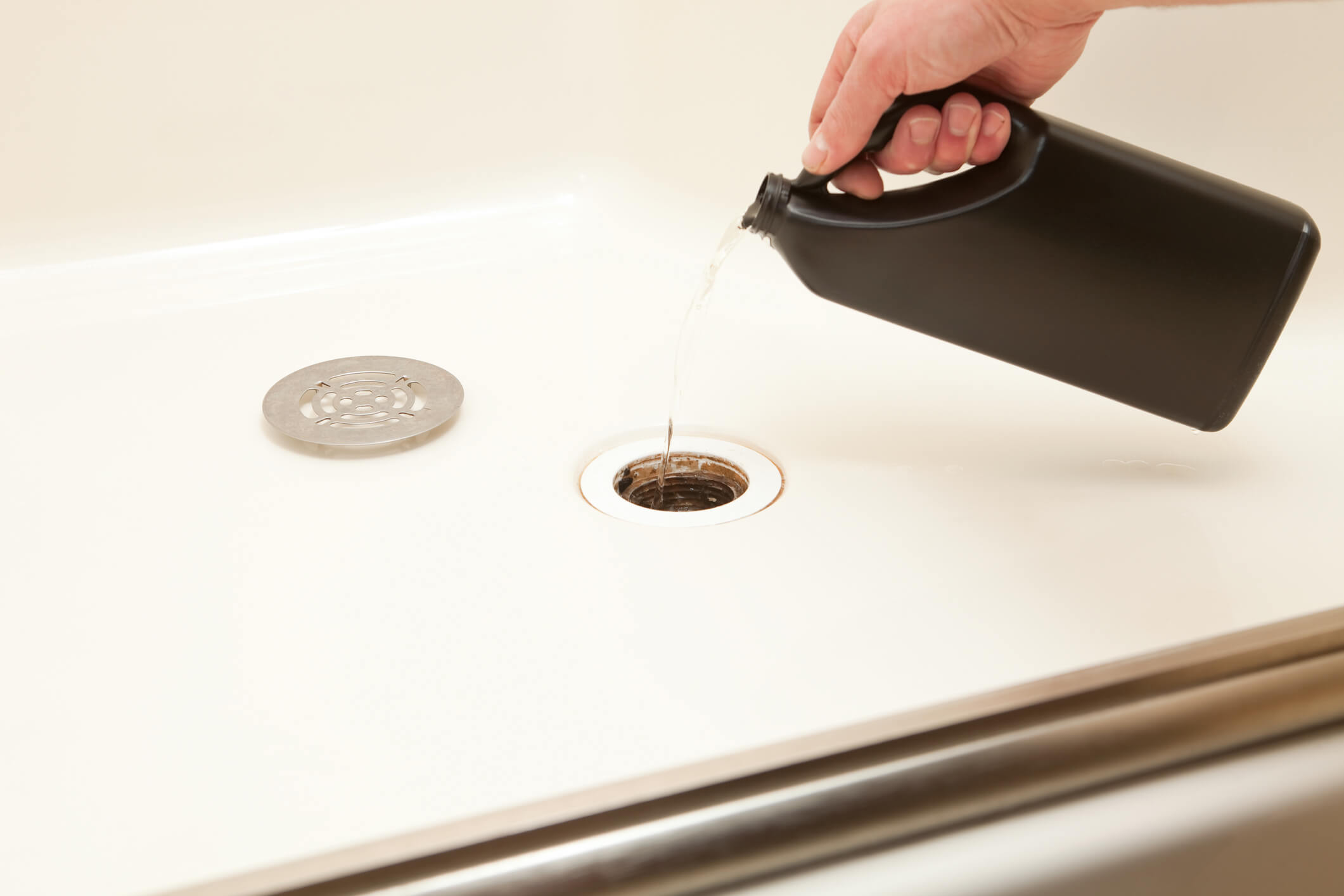
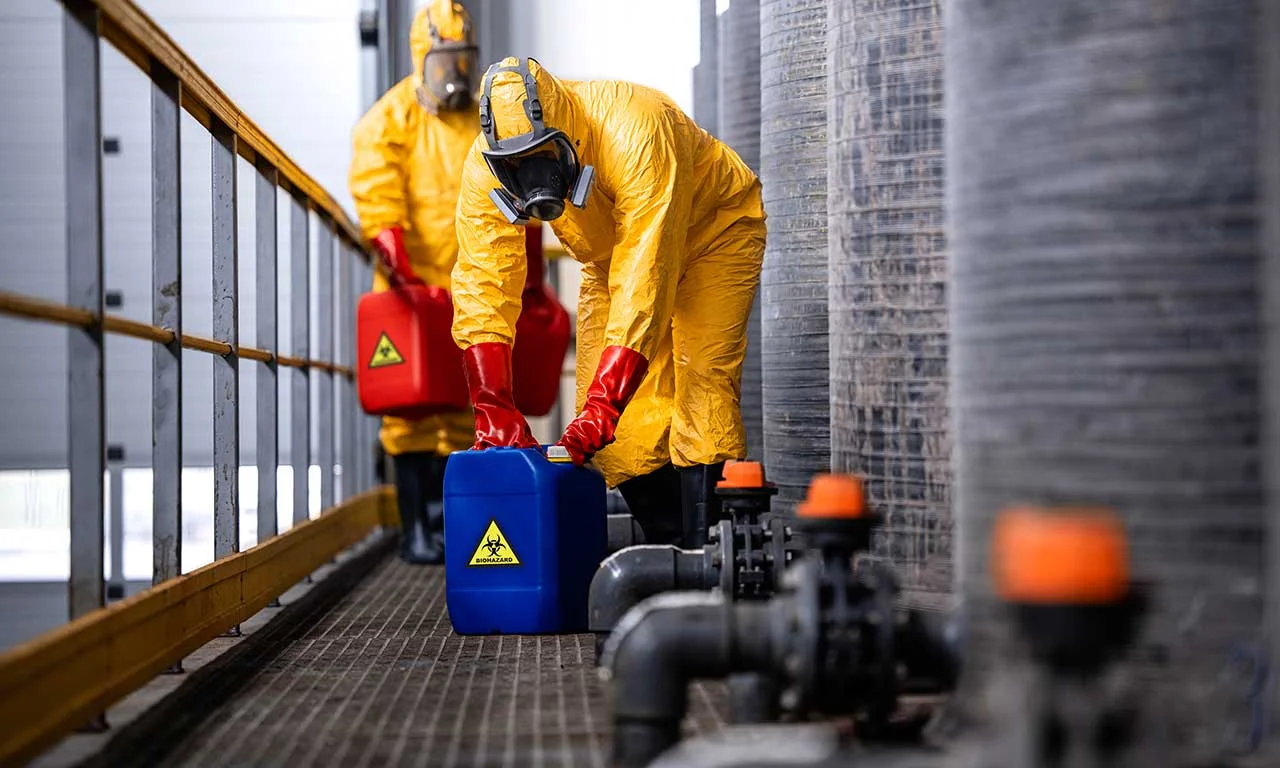

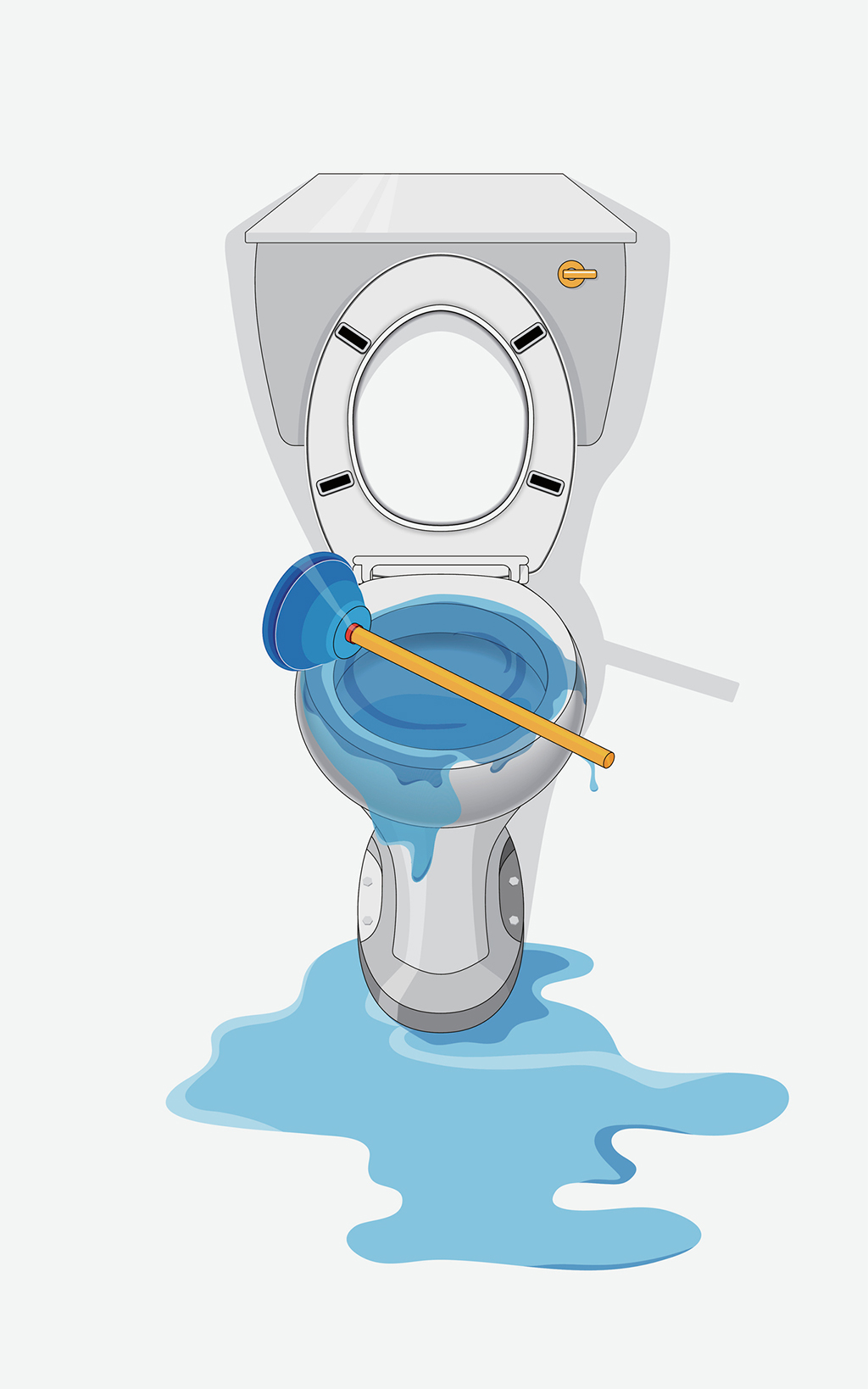



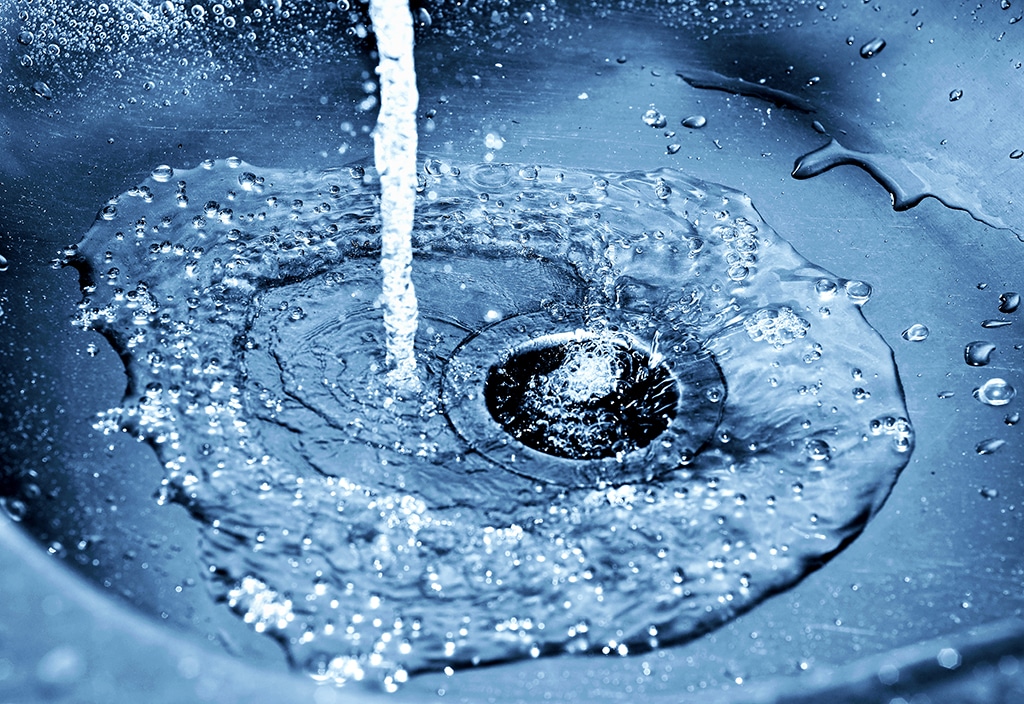

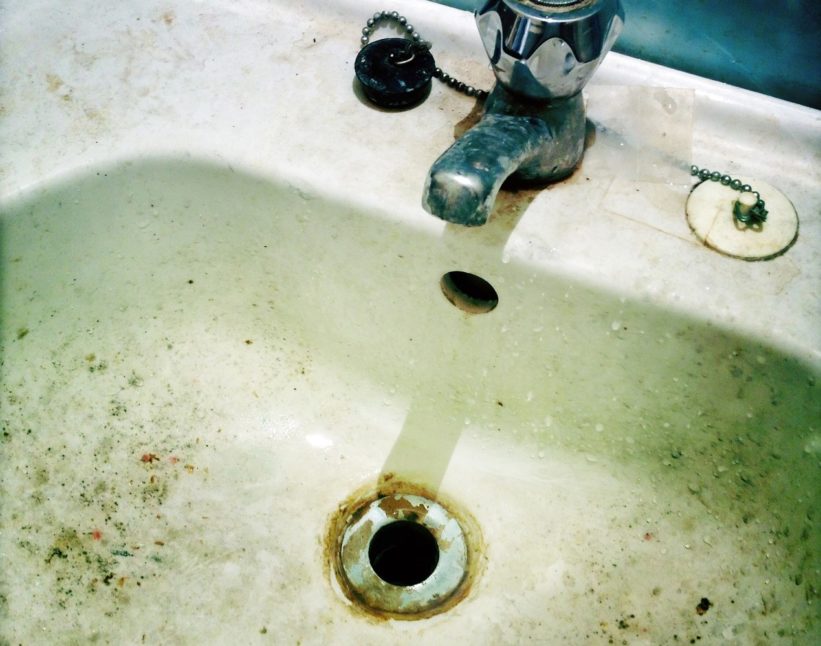

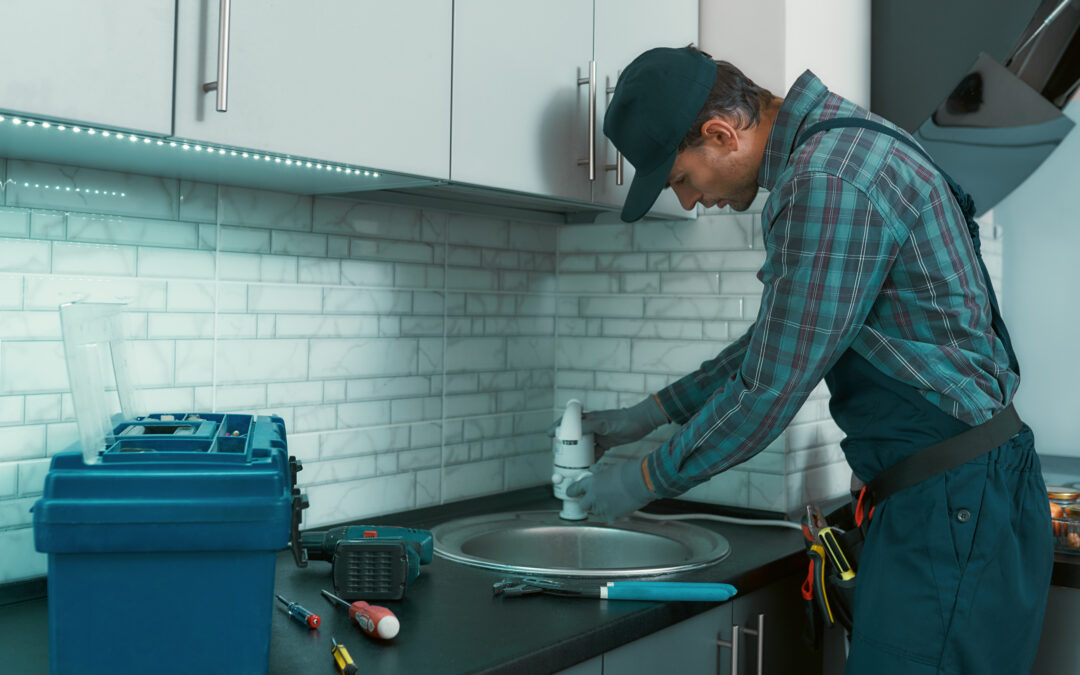

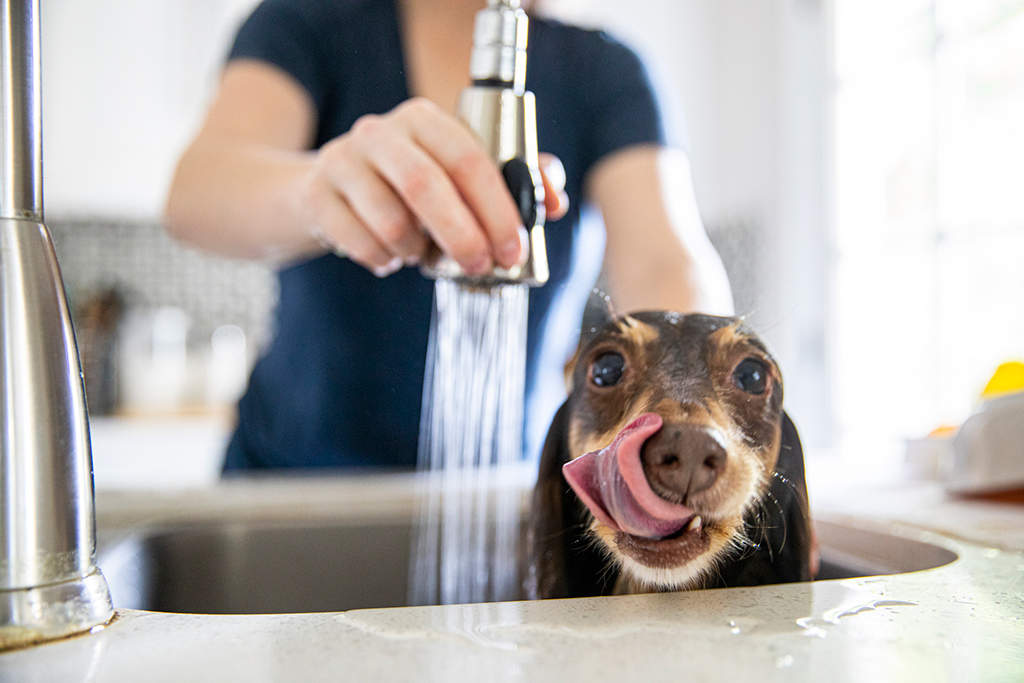


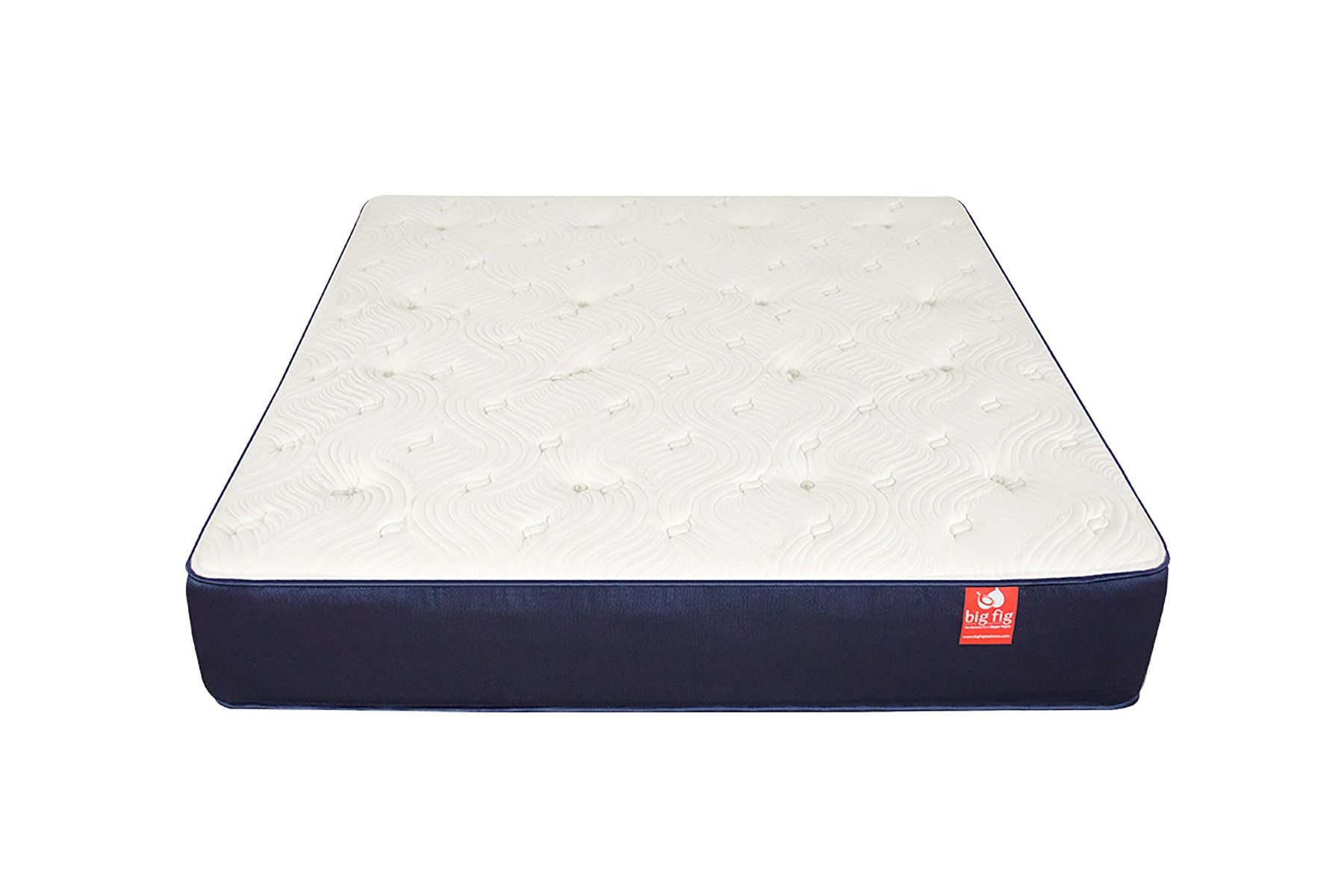



/how-to-install-a-sink-drain-2718789-hero-24e898006ed94c9593a2a268b57989a3.jpg)
